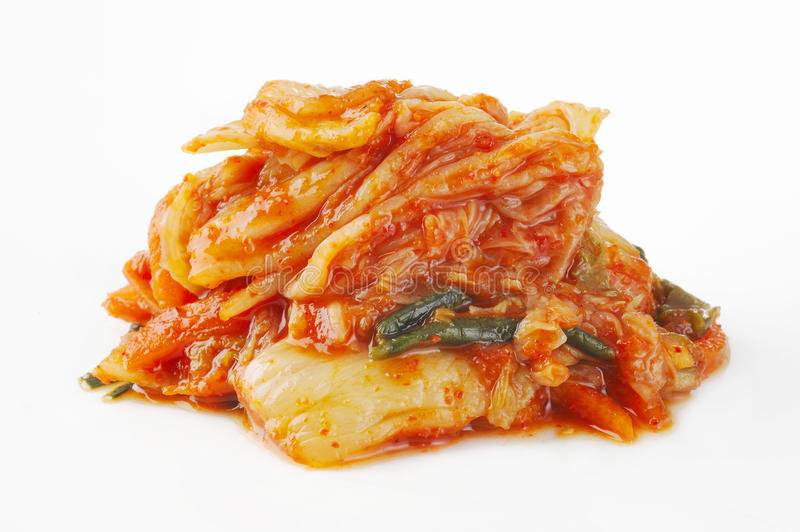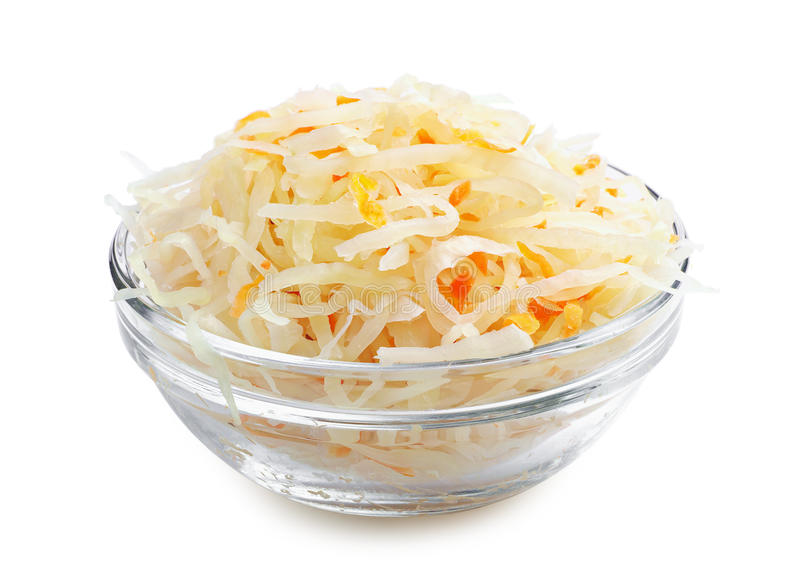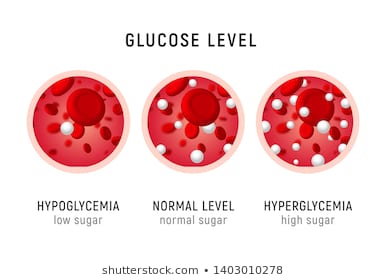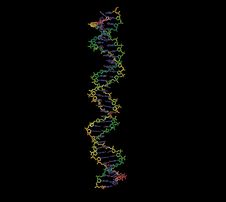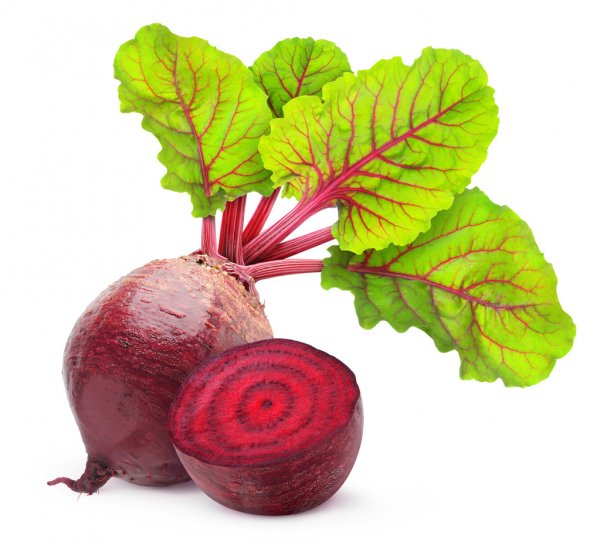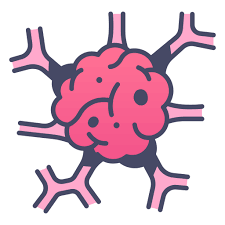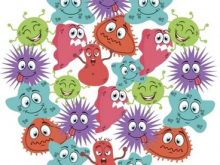Probiotics and fermented foods from the soil to the dinner table; quality matters
Aug
26
Fermented foods have been around for a very long time. An August 11 2020 article in Refinery 29 said as early as 7000 BC, ancient Chinese consumed a fermented beverage called Kiu. Around 3500 BC there’s evidence of the ancient Egyptian practice of using yeast to leaven bread. By 2000 BC, across China, the fermentation of vegetables (kimchi) and home-brewed tea (kombucha) was a widespread practice (2). Germany and Russia followed in later years with sauerkraut and pickles, respectively.
In China, Japan, and Korea miso soup, tofu, and kimchi remain popular dishes today. Refinery 29 reported that fermented foods saw an 140% increase in popularity on American restaurant menus in 2018. It was based on a survey by restaurant management software company, Upserve. Kombucha grossed 1.67 billion dollars globally in 2019 (2).
Fermented foods waste is also known to have health benefits. Soil experts and farmers in Japan found that soil fertilized with compost made from fermented food waste yielded hardy, disease-resistant vegetables (3). So even at the pre-food soil level where food production begins, microbes are important. Japanese agronomist Yoshida Toshimichi states that "the repeated use of agrochemicals can upset the microbiota in the soil, which leaves plants susceptible to disease and insect pests."
Yoshida refers to the three dietary pillars of a strong immune system which are the elements of the traditional Japanese diet. These are fermented foods, high-fiber organic vegetables, and marine and soy products rich in minerals and micronutrient, he adds (3).
1. https://coveteur.com/2020/08/05/probiotics-health-benefits/
2. https://www.refinery29.com/amp/en-us/how-fermentation-works-food
3. https://www.nippon.com/en/japan-topics/c08001/
For more information on probiotics, see
a. https://en.bloguru.com/healthtech/369673/can-probiotics-like-kimchi-aid-against ; and
b. Risks and benefits- https://en.bloguru.com/healthtech/362470/benefits-and-risks-of-taking-probiotics


